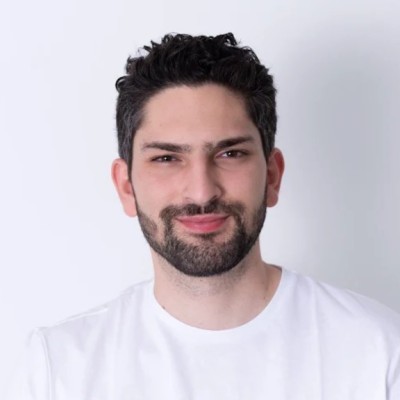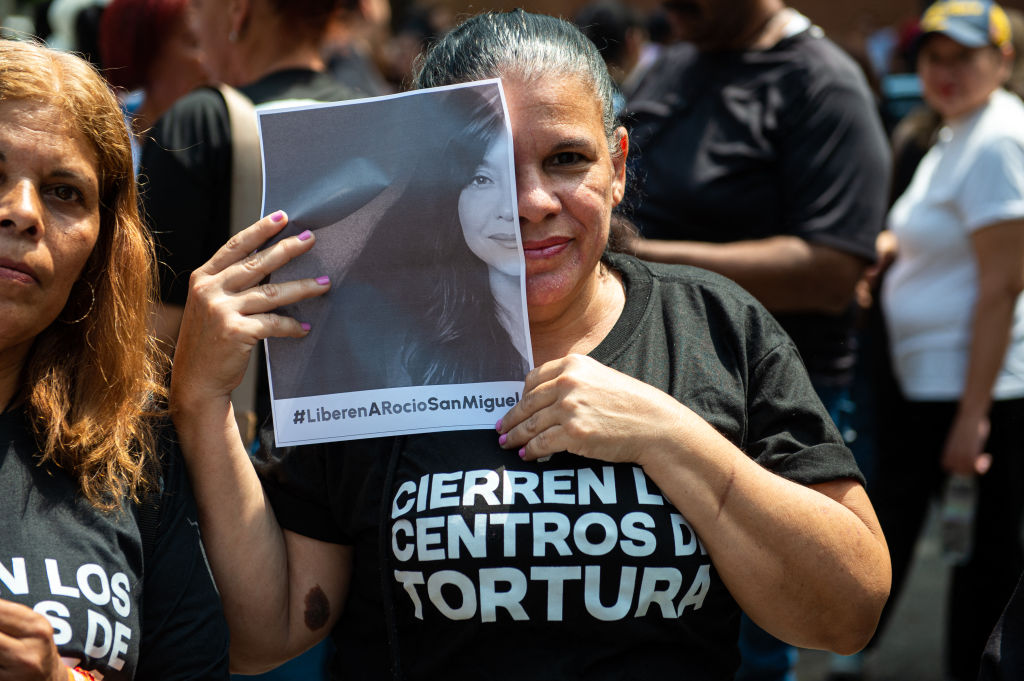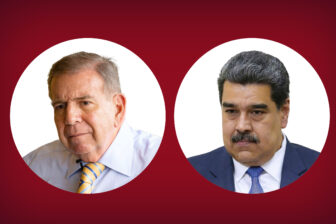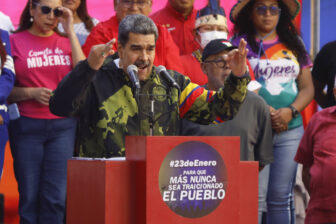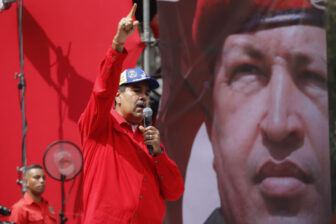CARACAS — Earlier this month, the arrest of Rocío San Miguel, Venezuela’s most prominent military affairs specialist and director of the watchdog group Control Ciudadano, sent shock waves through the nation’s civil society.
Taken into custody at the international airport near Caracas and accused of participating in a coup plot against President Nicolás Maduro, her whereabouts were unknown for days. Family members vanished, too, only to be released days later.
What makes San Miguel’s case more worrisome for Venezuela’s civil society is that it isn’t an isolated incident—rather, it seems to be part of a larger crackdown ahead of presidential elections later this year. Soon after San Miguel’s arrest, Venezuela’s Ministry of Information accused Amnesty International of being a tool of the U.S. government and expelled UN human rights personnel from Venezuela after the local office criticized San Miguel’s arrest.
Some observers fear the government is contemplating measures that would bring conditions in the country closer to those in Nicaragua, where civil society has been all but suppressed.
“The government is very unpopular and doesn’t have the same resources as before,” Marino Alvarado, former coordinator of Provea, Venezuela’s oldest human rights organization, told AQ. He added that opposition political parties are very weakened, but “organized civil society is [still] a critical voice of this government.” That makes it a target of repression.
In January, the government arrested an opposition-linked teachers’ union leader, an activist and four regional coordinators of an opposition party. Meanwhile, dozens of sites—activists’ houses, opposition parties’ and civil associations’—were vandalized. Earlier, in December, the government had prosecuted organizers of the opposition primaries, including the director of electoral NGO Súmate, who was later released in a prisoner exchange with the U.S.
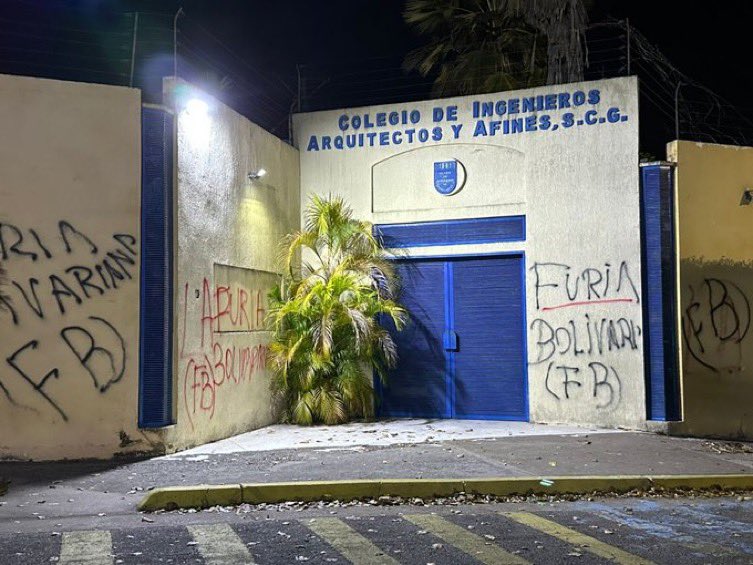
All signs point to a generalized crackdown on organized civil society in the country, and the government is now pushing a law that would tighten regulation on these organizations, likely forcing many to close.
A road to Nicaragua
A bill nicknamed the “Anti-Society Law” by critics, which would strip all NGOs and civil associations of their legal status and force them to reapply from scratch in a new registry, is under review by the government-controlled legislature. The proposed law is one of several bills previously considered but never approved due to fears of a backlash.
The bill, approved on first reading in January 2023 (it needs a second approval before becoming law) and currently undergoing a “consultation” process, would allow the state greater control over organized civil society through a series of complex requirements including handling lists of members, donors and assets. The bill was submitted by Diosdado Cabello, a hardliner chavista lawmaker and former vice president.
Venezuela already requires civil society groups to abide by a wide array of regulations through some 40 laws, according to watchdog group Acceso a la Justicia. More rules could prove a crushing burden, including a requirement for groups to report their assets, something only state officials currently have to do.
“In its current form, the bill represents a risk to freedom of association,” Simón Pestano, director of Fundación S4V, a Caracas-based consulting firm that works with NGOs to improve their capabilities, transparency, and management, told AQ.
The law will have ample echo in Venezuela’s civil society. According to the National Unit of Financial Intelligence, 9,900 nonprofits and civil associations are currently operating in the country. Of these, according to S4V’s database, around 1,000 organizations are constantly active.
For Alí Daniels, director of Acceso a la Justicia, the proposed law is similar to an existing Nicaraguan law that has led to the elimination of thousands of NGOs, including the Nicaraguan Red Cross and charitable Catholic congregations. “Even NGOs with ideological affinity to the [Venezuelan] government oppose the law because it affects their operations and it implies more costs,” he said. The measure could affect even the business guild Fedecámaras, once an archnemesis of chavismo that has recently cozied up with the government.
According to Pestano, many NGOs—especially small ones—wouldn’t be able to fulfill the new requirements the law would require, forcing them to close. Similarly, while Venezuelan NGOs currently must only notify the state of their creation, they would now have to justify their existence to the state and be authorized by it. “This could lead to the state to decide discretionally if the creation of these types of organizations is important or not,” he said.
Anti-Solidarity Bill
The National Assembly is also keeping another law—described by NGOs as the “Anti-Solidarity Bill”—in its 2024 legislative agenda. This new law would create an agency to regulate “international cooperation” and a fund to hold all international donations. The agency would then discretionally decide which NGO activities to finance.
NGOs have a crucial role in Venezuela, where many of the state’s functions have collapsed, and ministries have withheld information for years. They not only provide aid to the millions of Venezuelans with humanitarian aid following the economy’s decade-long collapse but also gather crucial information and monitor human rights violations, violence, and environmental destruction.
Yet, “many organizations that are struggling to survive the crisis due to a lack of financing will now face a series of requisites, many impossible to fulfill, that would make them illegal,” Daniels said. “This will affect the Venezuelans benefitting from humanitarian aid. And they are not a small minority. They are millions.”
Over the last two years, Maduro’s regime has already shuttered more than 100 radio stations (mostly outside Caracas) and has imposed new overseers on organizations ranging from the Communist Party to the Red Cross—even a surfers’ association. While chavismo has historically permitted some apolitical or opposition sectors to remain autonomous, it seems these spaces are narrowing.
The government crackdown has been in the making since María Corina Machado won opposition primaries in October. Up to that point, some had hoped for an opening in Venezuelan politics, with Maduro’s regime having agreed to a set of electoral guarantees in exchange for the U.S. granting relief on massive sanctions on Venezuelan gas, gold, and oil.
Meet the candidates in Venezuela’s 2024 presidential election
But the primary’s surprisingly high turnout, despite logistical problems and mass censorship, and chavismo’s failure to mobilize its bases in a December referendum seems to have led the regime to change course.
“The primaries showed that a good part of the opposition had the will to successfully organize itself electorally in an authoritarian context, coordinating itself informally,” said Venezuelan political scientist Stefania Vitale. A new cycle of repression from the government, seeking to introduce fresh division into the opposition, she said, “was expected.”
Subscribe to the Americas Quarterly Podcast on Apple, Spotify and other platforms

